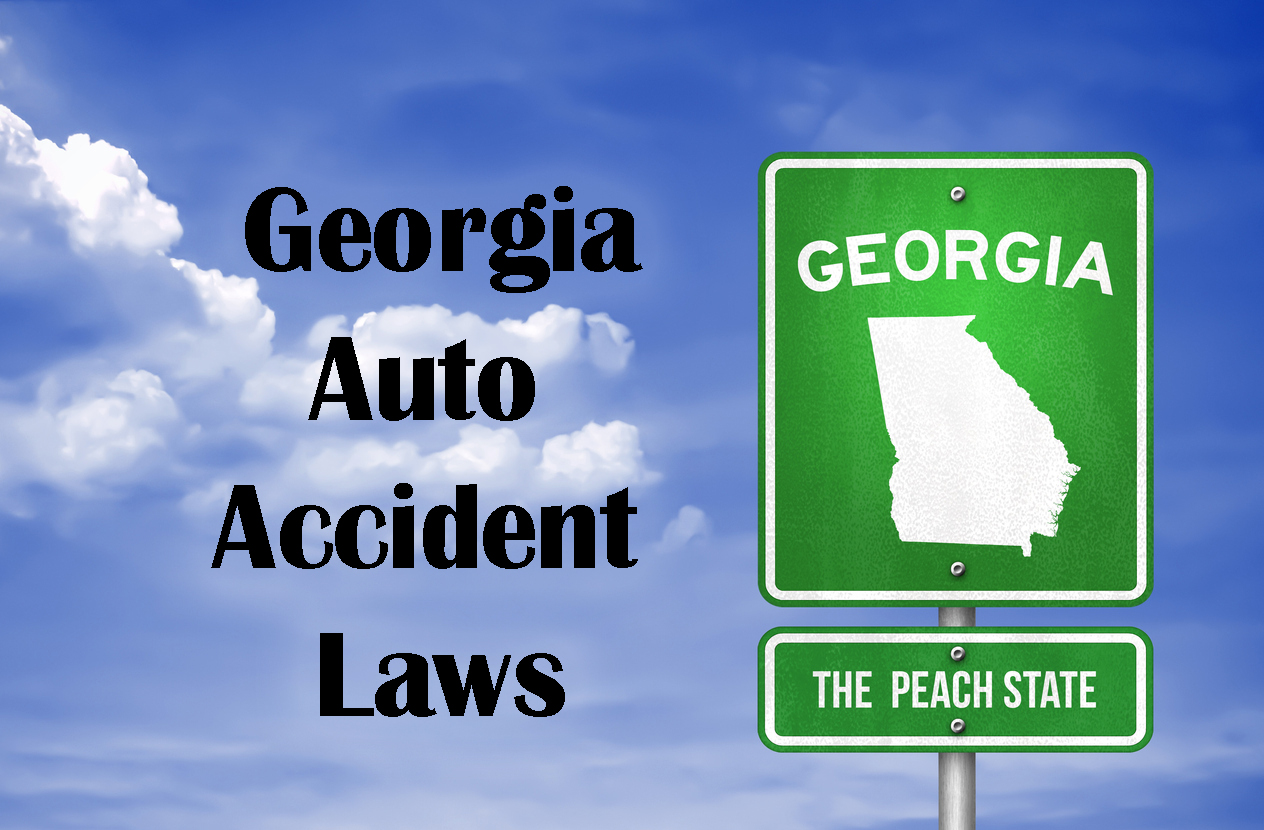Car Accident Laws in Georgia: Insurance Requirements, Liability & More
If you have been in any kind of auto accident in Georgia that has resulted in an injury or significant property damage, you might want to explore your options of filing a claim and holding the at-fault driver financially responsible for your losses. Below, we will discuss the main Georgia auto accident laws that may pertain to your case.
Minimum Insurance Requirements in Georgia
To legally drive in Georgia, all drivers must meet the minimum requirements for auto insurance coverage. These are:
- $25,000 per person and $50,000 per accident for bodily injury
- $25,000 for property damage
- $25,000 per person and $50,000 per incident for uninsured motorist bodily injury
You can always verify your current coverage with your insurance carrier. Most insurance companies offer immediate policy upgrades if you need extra coverage. Keep in mind that teen drivers are required to adhere to additional policies.
Georgia Car Accident Statute of Limitations
The statute of limitations is a state law that determines the time limit on a potential plaintiff’s right to file a lawsuit and get compensation. These limitations vary based on the type of case you want to file, as well as the kind of injury you suffered. For Georgia, the statute of limitations that applies to car accident lawsuits is two years. The clock starts ticking on the date of the auto accident. This means that if you have been hurt in an auto accident, either as a driver, passenger, bicyclist, motorcycle rider, electric scooter rider, or pedestrian, you have two years to file an injury claim. If you lost a member of your family in a car accident, you can bring a wrongful death lawsuit against the at-fault driver. The deadline is two years, but they start counting after the victim’s death, which may be a different date than that of the accident.
The statute of limitations for filing a car accident claim in Georgia for vehicle damage is four years.
Comparative Negligence in Georgia Car Accident Cases
Comparative negligence or fault refers to a situation in which more than one party is at least partially responsible for an accident. In Georgia, you are allowed to get compensation from any party that was more “at-fault” in the accident than you were. However, your financial recovery will be reduced by a percentage that is equal to your share of liability. In other words, Georgia is a state with “modified comparative negligence.”
There is not a precise method to “calculate” the share of liability. Typically, the ultimate decision will depend on your ability to convince a judge or jury or to negotiate with an insurance claim adjuster. Keep that in mind when you are filing a car accident claim in Georgia.
Let’s look at an example. Imagine you are driving several miler-per-hour over the speed limit when another car suddenly makes a left turn in front of you. As a result, you collide with the other car because you do not have enough time to stop. If the other driver is found to be 80 percent at fault, the jury or insurance adjuster may decide that you were 20 percent at fault because you were speeding. That way, if you were entitled to a $10,000 award or settlement, you would actually get $8,000 after subtracting your 20 percent share of fault.
Keep in mind that you will not be able to get any compensation under Georgia’s modified comparative negligence rule if your share of fault meets or exceeds 50 percent.
Reporting a Car Accident in the state of Georgia
You are required to report any car accident in Georgia if:
- It resulted in property damage of $500 or more
- It resulted in the injury or death of a person
Who you report the accident to depends on where it happened. If it occurred within an incorporated city or town, you need to notify the local police department. If it happened outside a town or a city, you need to report the accident to the nearest state police station or sheriff’s office.
Curious to learn more about the Georgia auto accident laws? Whether you have a question about filing a claim or understanding the process of establishing share of liability, Legal Chiefs has a wide network of experienced lawyers ready to help!
Find An Auto Accident Attorney In Your Area

